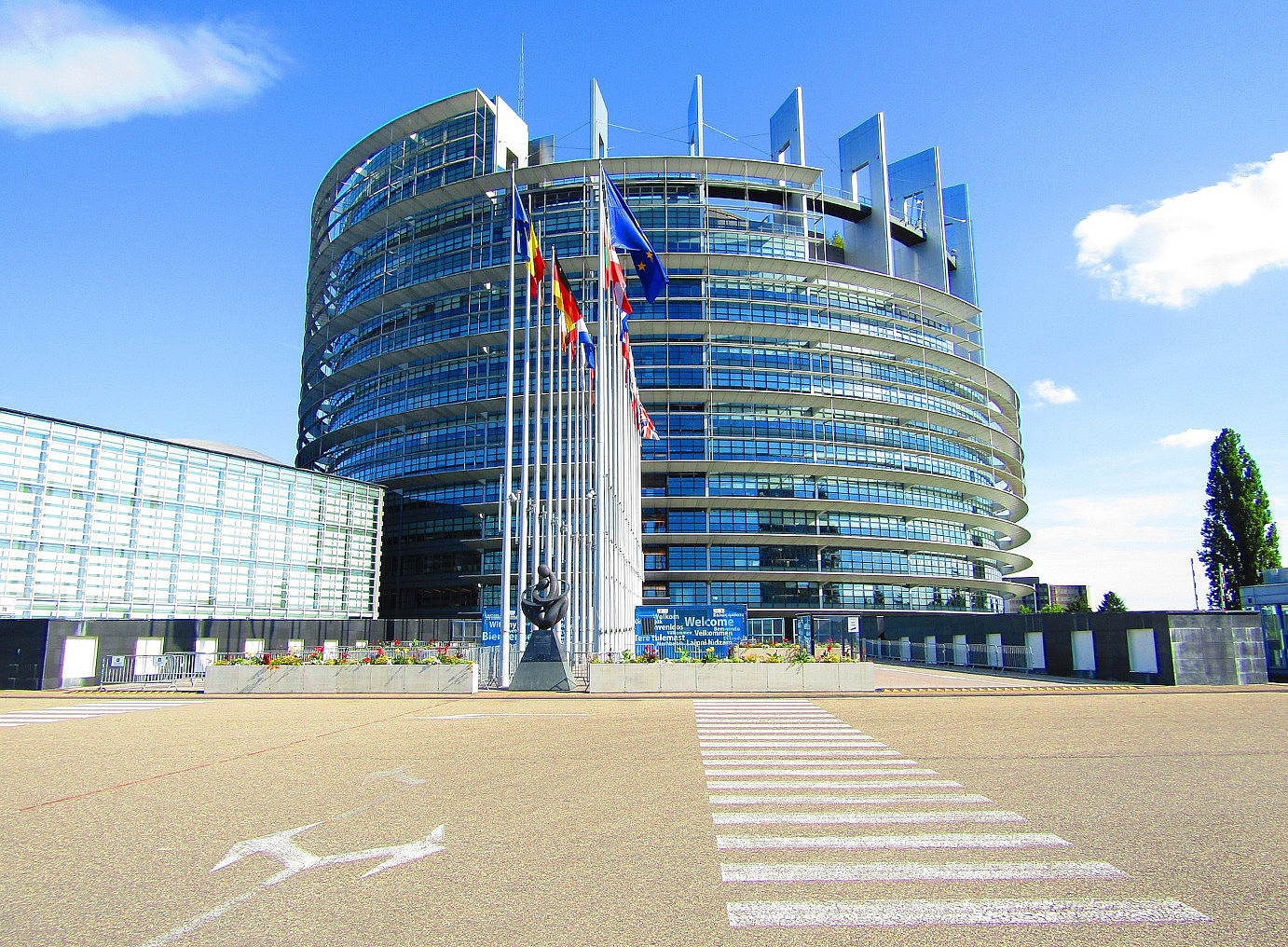Does Europe need better standards and laws for dealing with neurotechnologies? Neurotechnologies make it possible to visualize and control brain activity and can be invasive or non-invasive. If the answer to this question is yes, what laws would be necessary to protect the dignity, privacy and health of Europeans?
On behalf of the European Parliament, a team from the University of Graz has conducted a study in the field of neurotechnologies. Project leader Guilherme Wood and the interdisciplinary project team looked at the psychological (Guilherme Wood and Lisa Berger), legal (Elisabeth Staudegger and Petra Zandonella), social (Juliane Jarke and Gwendolin Barnard) and ethical (Thomas Gremsl and Eugen Dolezal) implications of neurotechnologies.
Their study found that not only highly invasive neurotechnologies (e.g. the Neuralink system) pose new challenges, but also all invasive and non-invasive neurotechnologies. This is due to the fact that such technologies together form a socio-technical ecosystem in which excessive optimism prevails, so-called "neuroenchantment". Neuroenchantment diminishes critical thinking and gives rise to new normative values that may conflict with European values and laws.
The study was presented on 25.04.2024 in Strasbourg and will soon be published by the STOA.
